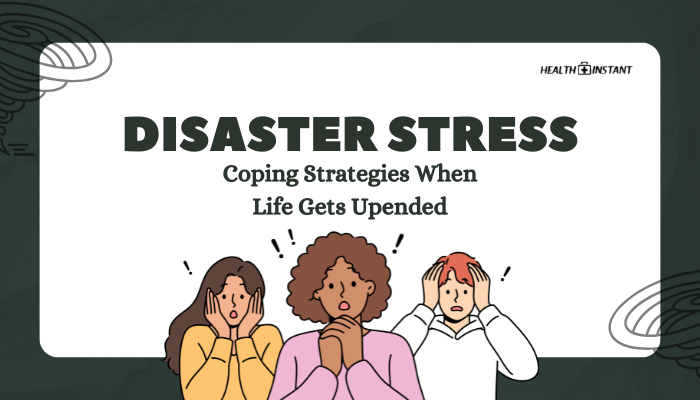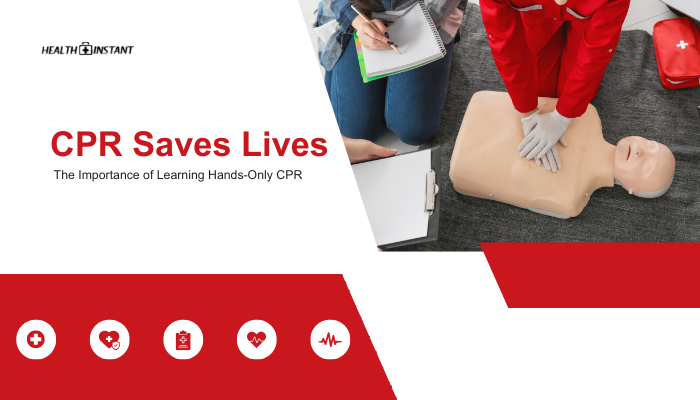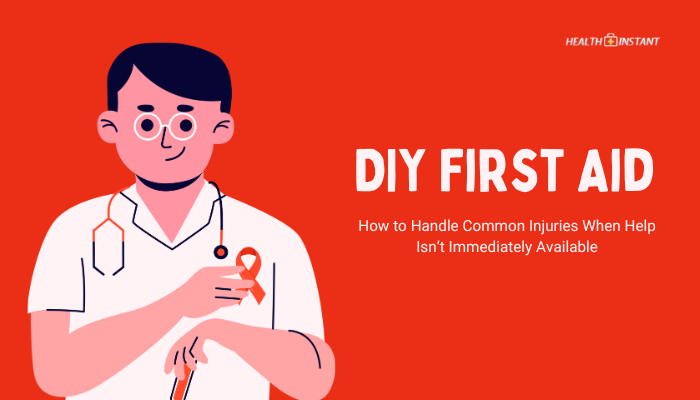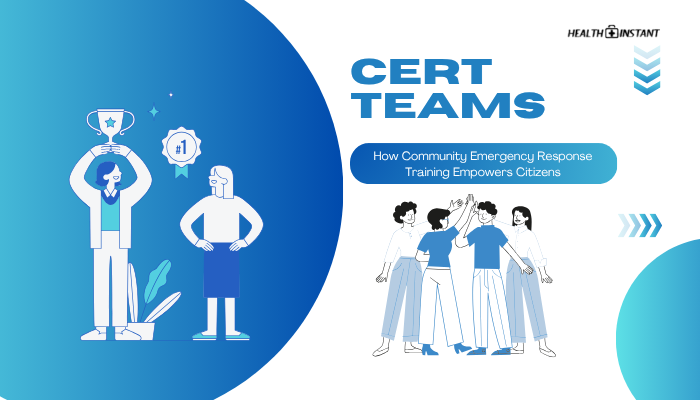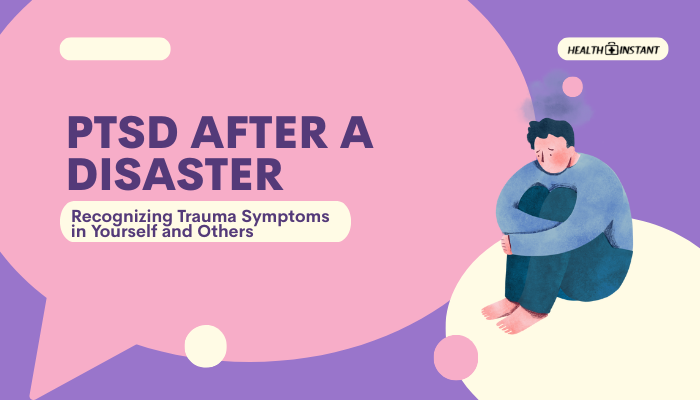Introduction
Disasters—natural or manmade—can disrupt normal life, leaving emotional distress and uncertainty in their wake. Job loss, damaged homes, or displacement from communities can cause anxiety, fear, and sadness.
Although these stressors are natural responses to upheaval, learning healthy ways to cope helps maintain mental well-being, protect relationships, and facilitate faster recovery. This guide explores common emotional responses to disasters and offers practical techniques to handle stress.
How Disasters Affect Mental Health
In the aftermath of a disaster, emotional reactions vary from person to person. Common feelings include:
- Shock or Numbness: Disbelief about what happened.
- Anxiety or Fear: Worry about safety, finances, or repeated events.
- Sadness or Grief: Loss of homes, cherished items, or even loved ones.
- Anger or Frustration: Directed at the situation, response efforts, or perceived lack of help.
- Guilt: Survival guilt or feeling you couldn’t do more for others.
These emotions can manifest as insomnia, appetite changes, irritability, or difficulty concentrating. Recognizing them early helps in seeking or offering the right support.
Recognizing Stress and Anxiety
Some indicators you or a loved one might be overwhelmed by disaster-related stress:
- Physical symptoms: Headaches, stomach aches, or lingering fatigue.
- Emotional outbursts: Frequent crying spells, anger outbursts, or restlessness.
- Negative thought patterns: Persistent “what-if” worries or hopelessness.
- Social withdrawal: Avoiding friends, family, or normal social activities.
- Changes in daily function: Inability to focus at work or school, skipping meals, or sleeping excessively.
Awareness of these warning signs is key to tackling problems before they escalate.
Practical Coping Strategies
Maintain Basic Routines
- Consistency
- Keep regular meal times, bedtime schedules, or daily rituals where possible.
- Keep regular meal times, bedtime schedules, or daily rituals where possible.
- Physical Activity
- Gentle exercises like walking or yoga can release tension and uplift mood.
- Gentle exercises like walking or yoga can release tension and uplift mood.
Focus on What You Can Control
- Set Small Goals
- Completing minor tasks (like organizing documents, cleaning up a space) fosters a sense of achievement.
- Completing minor tasks (like organizing documents, cleaning up a space) fosters a sense of achievement.
- Embrace Problem-Solving
- Instead of dwelling on worst-case scenarios, plan next steps (e.g., contacting insurance or local aid).
- Instead of dwelling on worst-case scenarios, plan next steps (e.g., contacting insurance or local aid).
Stay Connected
- Talk to People
- Reach out to friends, neighbors, or support groups. Sharing concerns lessens feelings of isolation.
- Reach out to friends, neighbors, or support groups. Sharing concerns lessens feelings of isolation.
- Limit Isolation
- Even brief calls or texts can reaffirm you’re not alone in dealing with stress.
- Even brief calls or texts can reaffirm you’re not alone in dealing with stress.
Practice Mindful Breathing
- Short Sessions
- Find a quiet spot, close eyes, and inhale slowly through the nose, then exhale through the mouth.
- Find a quiet spot, close eyes, and inhale slowly through the nose, then exhale through the mouth.
- Grounding Yourself
- Focus on the present moment—sights, sounds, or your body’s sensations—to reduce racing thoughts.
- Focus on the present moment—sights, sounds, or your body’s sensations—to reduce racing thoughts.
Helping Children Cope
- Use Simple Explanations
- A child-friendly version of events helps them understand at their developmental level.
- A child-friendly version of events helps them understand at their developmental level.
- Offer Reassurance
- Consistent routines, bedtime stories, or cuddles provide emotional security.
- Consistent routines, bedtime stories, or cuddles provide emotional security.
- Encourage Expression
- Drawing, playing, or storytelling can help them articulate feelings they can’t yet verbalize.
When to Seek Professional Help
Contact mental health professionals if:
- Symptoms (anxiety, depression, or PTSD-like behaviors) persist for weeks or worsen.
- Thoughts of self-harm or harming others arise.
- Daily functioning (work, school, relationships) is heavily impacted.
- Substance abuse (excessive alcohol, drugs) is used to cope.
Early intervention by counselors, psychologists, or psychiatrists can prevent deep emotional scars.
Supporting Others and Building Community Resilience
- Volunteer
- Participate in local emergency response teams or volunteer groups.
- Participate in local emergency response teams or volunteer groups.
- Organize or Attend Support Gatherings
- Neighborhood potlucks or group therapy can foster shared understanding.
- Neighborhood potlucks or group therapy can foster shared understanding.
- Share Resources
- Provide phone numbers for crisis helplines or local mental health services.
Conclusion
While disasters disrupt routines and bring stress, adopting coping strategies helps mitigate the emotional toll. Being mindful of the signs of stress in yourself and others, maintaining a routine, connecting with trusted friends or professionals, and building community resilience are ways to navigate crisis.
Children also need extra reassurance and consistent structure. Above all, remember it’s natural to seek help—therapists, support lines, and community resources can be pivotal in restoring balance and hope.
References
- American Red Cross. (2020). Coping with disaster stress guidelines.
- Centers for Disease Control and Prevention (CDC). (2021). Mental health and coping during emergencies.
- Substance Abuse and Mental Health Services Administration (SAMHSA). (2019). Immediate disaster behavioral health interventions.
- World Health Organization (WHO). (2018). Mental health in emergencies: guidelines for field workers.
Disclaimer: This article offers general information and does not replace professional mental health advice. In cases of severe or long-lasting distress, consult a qualified mental health professional.

